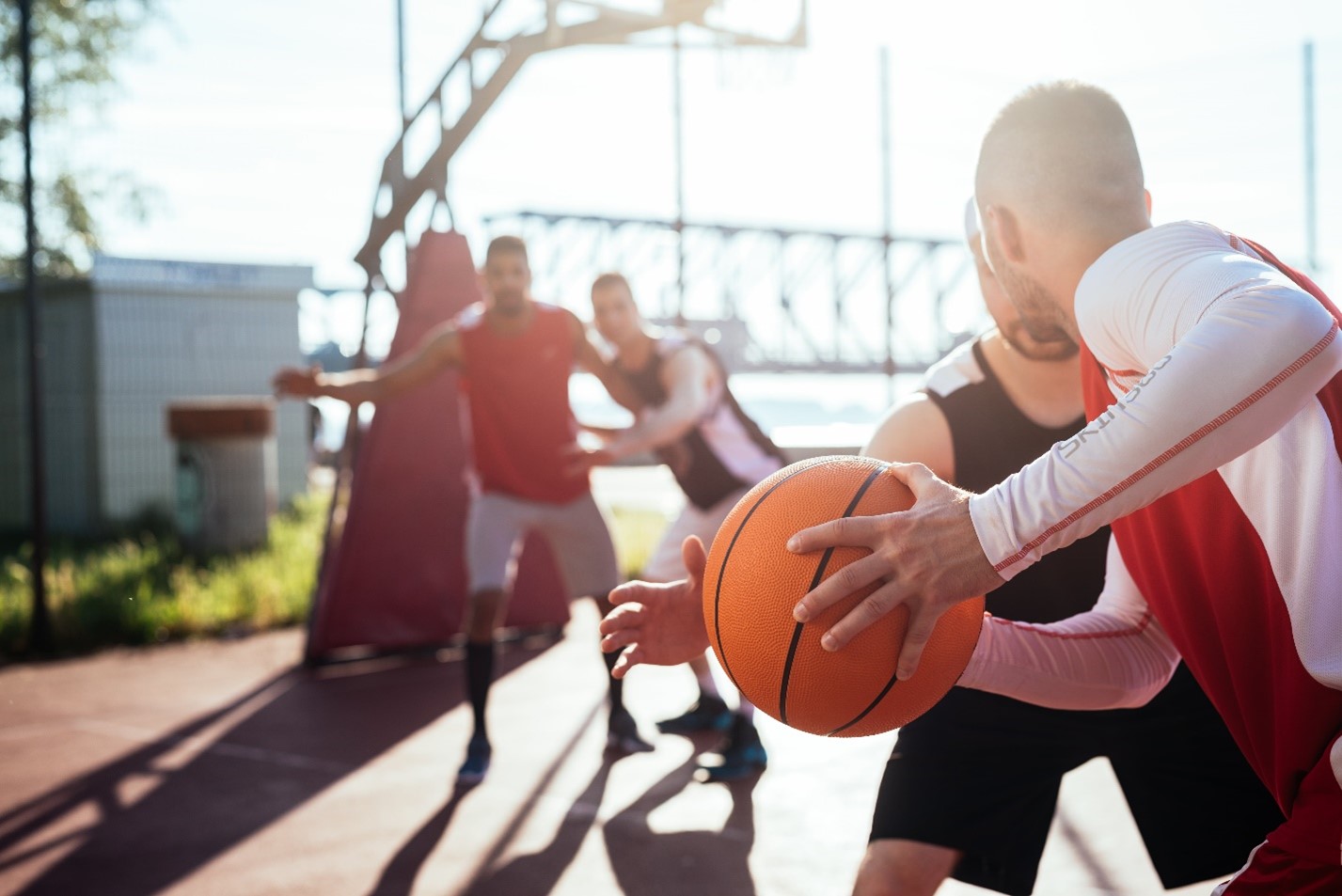For youth basketball players, juggling academics and athletics can feel like a daunting challenge. Between the rigorous demands of schoolwork and the physical and mental effort required for sports, it’s easy to feel stretched thin. However, with the right mindset and strategies, young athletes can thrive both in the classroom and on the court. Coaches like Christopher Sohm understand the importance of this balance and encourage players to develop habits that support success in all areas of life.
Time Management: The Key to Success
One of the most important skills for student-athletes to master is time management. Balancing academics and athletics requires careful planning and prioritization. By setting aside dedicated time for both schoolwork and practice, players can ensure they meet their responsibilities without feeling overwhelmed.
Creating a schedule is an effective way to start. Students should identify their peak productivity hours and allocate those times to their most demanding tasks. For instance, if a player knows they focus better in the morning, they might use that time to tackle homework or study for exams before heading to practice in the afternoon. Additionally, using tools like planners or digital apps can help track assignments, deadlines, and game schedules.
Communication with Teachers and Coaches
Open communication is another essential component of balancing academics and athletics. Teachers and coaches play a significant role in supporting student-athletes, but they need to be kept informed about the player’s commitments. By discussing schedules and potential conflicts ahead of time, students can build trust and demonstrate responsibility.
For example, if a tournament falls on the same day as an important test, a student can approach their teacher well in advance to discuss alternative arrangements. Similarly, sharing academic goals with coaches can help ensure that practices and games are scheduled with consideration for schoolwork. This proactive approach fosters a supportive environment where both academics and athletics are valued.
The Role of Discipline and Focus
Discipline is the cornerstone of success for student-athletes. With limited hours in the day, it’s crucial to make the most of available time. This means staying focused and avoiding distractions during study sessions or practice. Turning off social media notifications, finding a quiet workspace, and setting specific goals for each study period can significantly improve productivity.
On the court, discipline translates to giving full effort during drills and games. By maintaining focus and working hard in both areas, players can develop a sense of accomplishment and pride in their ability to manage dual responsibilities. The habits of discipline and focus cultivated during high school years often carry over into college and professional life, setting a strong foundation for future success.
Prioritizing Health and Well-Being
Balancing academics and athletics isn’t just about managing time—it’s also about taking care of physical and mental health. Without proper rest and nutrition, student-athletes can quickly become fatigued, leading to burnout and decreased performance in both areas.
Adequate sleep is essential for recovery and focus. Young athletes should aim for at least 8 hours of sleep each night to ensure they have the energy needed for their demanding schedules. Nutrition is equally important; consuming a balanced diet that includes plenty of fruits, vegetables, lean proteins, and whole grains provides the fuel needed for peak performance.
Mental health should not be overlooked. The pressures of balancing school and sports can sometimes feel overwhelming, making it important to develop stress management techniques. Deep breathing, mindfulness exercises, and talking with trusted adults can help players navigate challenging moments.
Building a Support Network
Success in academics and athletics often depends on the strength of a student’s support network. Parents, teachers, coaches, and teammates all play a role in helping young athletes achieve their goals. By surrounding themselves with positive influences, players can stay motivated and receive guidance when needed.
Parents can help by providing encouragement and helping their children stay organized. Coaches can serve as mentors, offering advice on time management and resilience. Teachers, too, can be invaluable resources, providing extra help with difficult subjects or offering flexibility during busy sports seasons. By leaning on this network, students can navigate the demands of their dual roles more effectively.
Celebrating Small Wins
Balancing academics and athletics is a journey, and it’s important to celebrate progress along the way. Recognizing small victories—whether it’s acing a quiz, mastering a new basketball move, or successfully juggling a busy week—helps build confidence and motivation.
These moments of celebration remind young athletes that their hard work is paying off. They also serve as opportunities to reflect on what strategies are working and where improvements can be made. By focusing on growth rather than perfection, players can maintain a positive outlook even during challenging times.
The Bigger Picture
At its core, the experience of balancing academics and athletics teaches young athletes valuable life lessons. Time management, discipline, resilience, and teamwork are skills that extend far beyond the classroom and the court. By embracing these challenges, students prepare themselves for success in college, careers, and personal relationships.
For high school basketball players, the path to achieving this balance may not always be easy, but it is undoubtedly worthwhile. With the right mindset, support, and strategies, young athletes can excel in both academics and athletics, setting the stage for a bright and fulfilling future.
